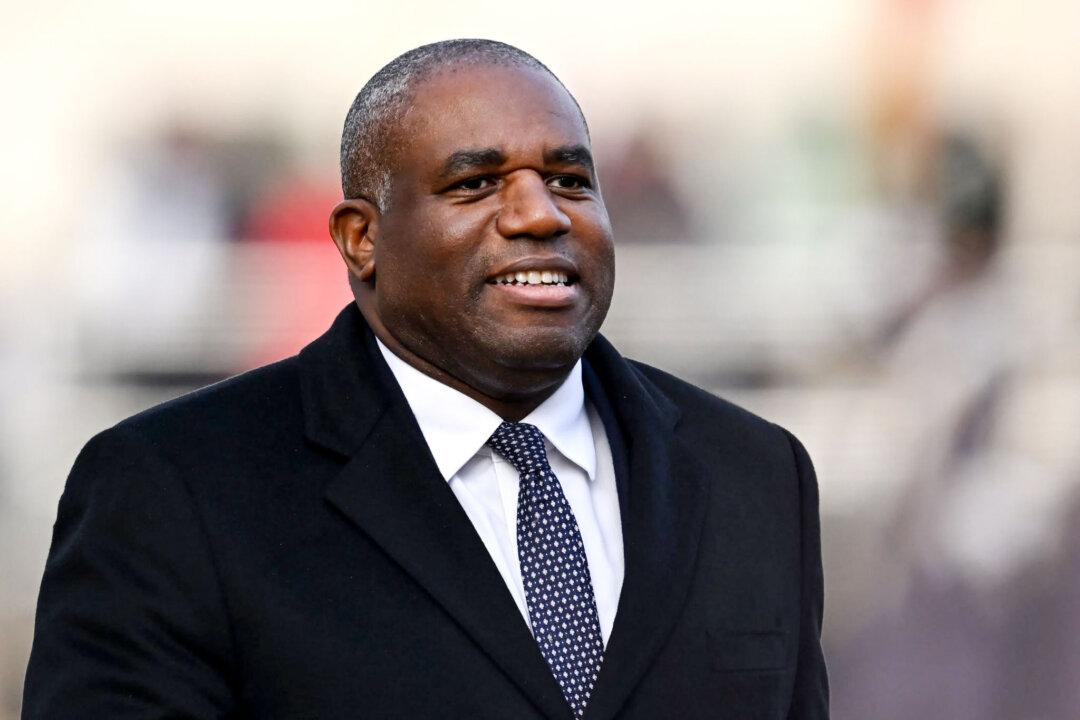“Thus far, HTS has offered reassurances to minorities in Aleppo, Hama, and Damascus. They have also committed to cooperating with the international community on monitoring chemical weapons.
“We will judge HTS by their actions, monitoring closely how they and other parties to this conflict treat all civilians in areas they control,” Lammy said.
Following the rebel takeover of Damascus on Sunday and the ousting of President Bashar al-Assad, HTS assumed control of Syria.
Lammy reiterated the new Labour government’s stance against reengaging with Syria under Assad, calling the ousted president a “monster” and a “criminal.”
However, navigating the diplomatic complexities posed by HTS’s designation as a proscribed terrorist organisation in Britain would also be challenging for Downing Street.
HTS is banned in the UK owing to its past association with al-Qaeda. Its leader, Abu Mohammed al-Golani, a former al-Qaeda commander, has publicly distanced himself from the organisation and claimed to have embraced pluralism and religious tolerance.
McFadden noted that HTS’s recent assurances about minority rights and respect for human rights warranted scrutiny, saying, “We’ll look at that in the days to come.”
Downing Street has indicated that HTS’s proscription “does not prevent the government from engaging with HTS in the future.”
A spokesperson clarified that such engagement could include meetings to encourage participation in peace processes or to facilitate humanitarian aid.
“More broadly, we keep proscriptions under review and are monitoring the situation closely,” the spokesperson added.
Priorities
Lammy told MPs that amid the political uncertainty in Syria, the government’s priorities would include the protection of civilians and the pursuit of an inclusive political settlement.“We continue to do what we can to provide humanitarian support wherever we can. The UK has spent over £4 billion on the Syrian crisis to date. UK-funded Mobile Medical Units already provide emergency services across northern Syria; last week, we gave a further £300,000 to the White Helmets. And today, the Prime Minister has announced an additional £11 million of humanitarian support for Syrians,” Lammy said.
The Foreign Secretary also held talks with the U.N. Special Envoy for Syria Geir Pedersen to discuss a “path to a united and peaceful Syria.”
He warned that while Assad’s demise presents an “opportunity for Syrians and for the region,” it also poses significant risks, including the potential for increased illegal migration.
Asylum
In line with countries like Austria, Germany, Sweden, and France, the UK has paused the processing of asylum claims from Syrian nationals.Home Secretary Yvette Cooper stated that the suspension aims to reassess conditions in Syria and address concerns about a potential migration surge.
Elsewhere in his remarks, Lammy characterised Assad’s downfall as a “humiliation for Russia and Iran,” while condemning Russia’s broader actions in Ukraine.
The government’s strategy remains focused on preventing further escalation of conflict in the Middle East and supporting a Syrian-led resolution to the crisis.







